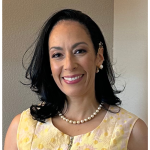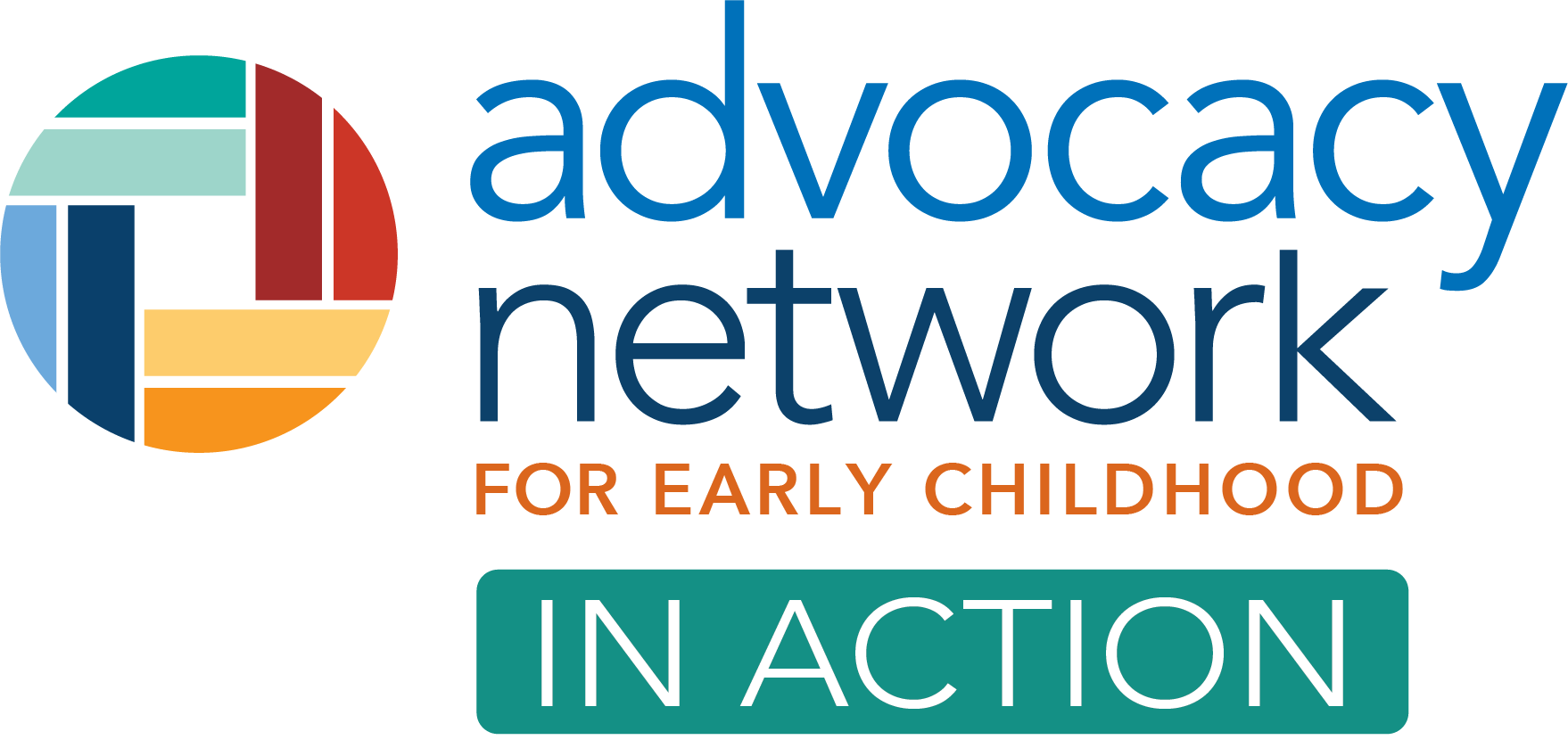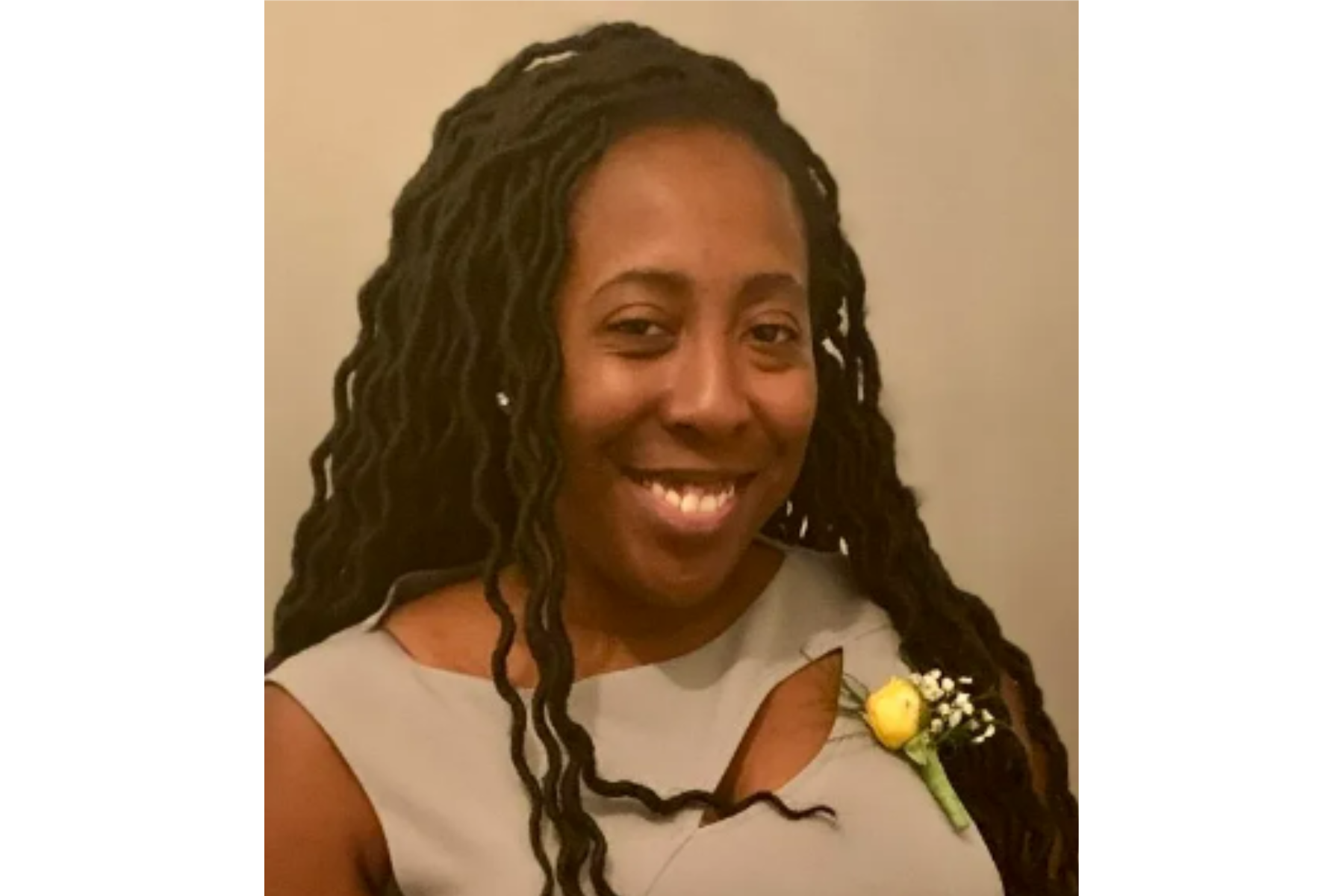Shavon Drayton is drawn to big problems. As someone who lives with sickle cell disease, she thought she would go to medical school and become a pediatric hematologist. But when she decided pre-med courses weren’t for her, she changed her focus.
She still wanted to work with children because she loved seeing their minds at work, so she went into education. She has worked as a lead teacher at Bright Horizons and an assistant program director at Horizons for Homeless Children.
Today, Drayton is the Director of Early Education Training and Assessment at Horizons for Homeless Children, and she uses data to tell a tangible story to funders and legislators.
“When a child is experiencing trauma such as housing insecurity at such a young age, they are, unfortunately, starting off behind other children developmentally. Early educators, who guide children and families at Horizons, have to be able to offer opportunities that enable children to reach the minimum benchmarks.
“To level the playing field, children have to have strong social-emotional development, because as studies have shown if you are not social and emotionally well, it makes it incredibly hard to be able to retain any kind of information. This is true for our youngest minds as well.”
To enhance her efforts, Drayton joined cohort three of Strategies for Children’s Advocacy Network. And she has discovered her current big problem at Boston University’s Wheelock College of Education and Human Development where she’s earning a master’s degree in Leadership, Policy & Advocacy for Early Childhood Well-Being.
“In the course of that journey,” Drayton says, “I’ve been interested in the inequities of housing segregation and how that affects the outcomes of children in preschool through forth grade.”
“In a sense I grew up privileged in the 1990s. I was raised by my grandmother in a three-story family home in Dorchester where there was never lack of. I went to school with students who looked like me and with teachers who looked like me, but what I found out was that other kids in my elementary school were living in a vastly different way.”
“Once I moved away and became an adult, I started to see how what I thought of as a close knit community was really the result of an intentional effort to keep Black and brown folks within a certain area in the city of Boston.”
As a parent, Drayton addressed this issue for her children by enrolling them in the METCO Program, which sends Boston students to schools in the surrounding suburbs.
But this was only a small, personal fix for a much larger problem.
“One of the things Horizons for Homeless Children is doing,” Drayton says, “is advocating for individuals coming out of the emergency shelter system to automatically receive Section Eight housing vouchers and automatically get child care vouchers and have access to Early Intervention services.”
“What I’m seeing so far in my research is that even when you do have the opportunity to move outside of the city, your social network is not going with you. So for many families, their children’s outcomes are still at a deficit because either they’re staying in a city where there’s a lack of public resources, or they are moving into an affluent community where they don’t have a social network, and it’s hard to access resources.”
For her Advocacy Network project, Drayton has been studying housing discrimination and housing policy. She has drawn on a report from Boston Indicators “Exclusionary by Design: An Investigation of Zoning’s Use as a Tool of Race, Class, and Family Exclusion in Boston’s Suburbs, 1920 to Today ” written by Amy Dain, an independent researcher.
The report, which chronicles Greater Boston’s history of redlining and other exclusionary tactics, made sense to Drayton, who knew that Dorchester had once been a Jewish community and had been changed by “white flight,” white families moving out of neighborhoods as more Black families moved in.
Drayton is the first to admit that there are no simple solutions for fixing more than a century of housing discrimination. She knows that property tax revenues should not have such a heavy influence on how schools are funded, but it would take a public policy earthquake to make this kind of change.
So Drayton is looking at smaller steps like protecting families by preventing evictions and educating more people about the toll that exclusionary zoning has taken on early and public school education.
What else could help?
“I truly feel like the voice of the people matters,” Drayton says. “I don’t want to sound like a politician because I’m not one. But I feel that the voice of the people will tell you how change needs to be made. Especially the voices of people who are never heard, typically people who are Black and brown and not born in this country. So that is who I speak for and will continue to advocate for.”




